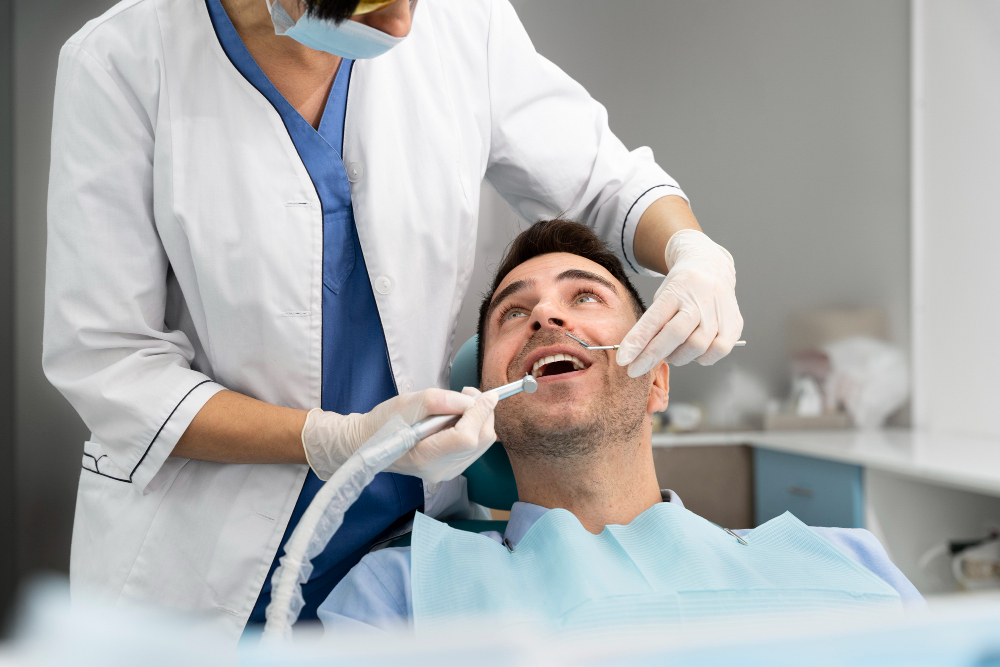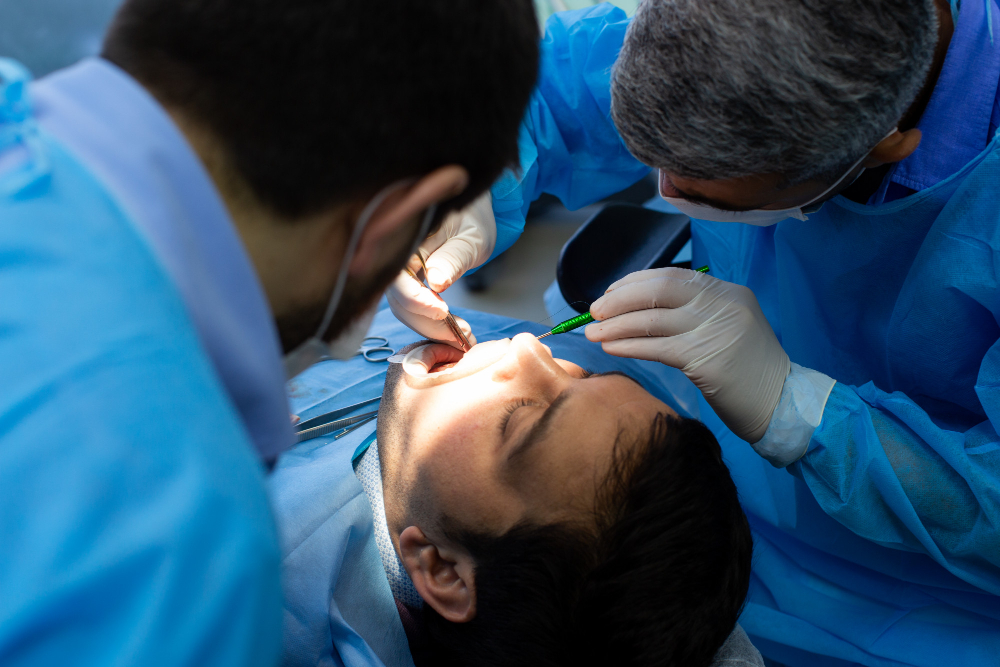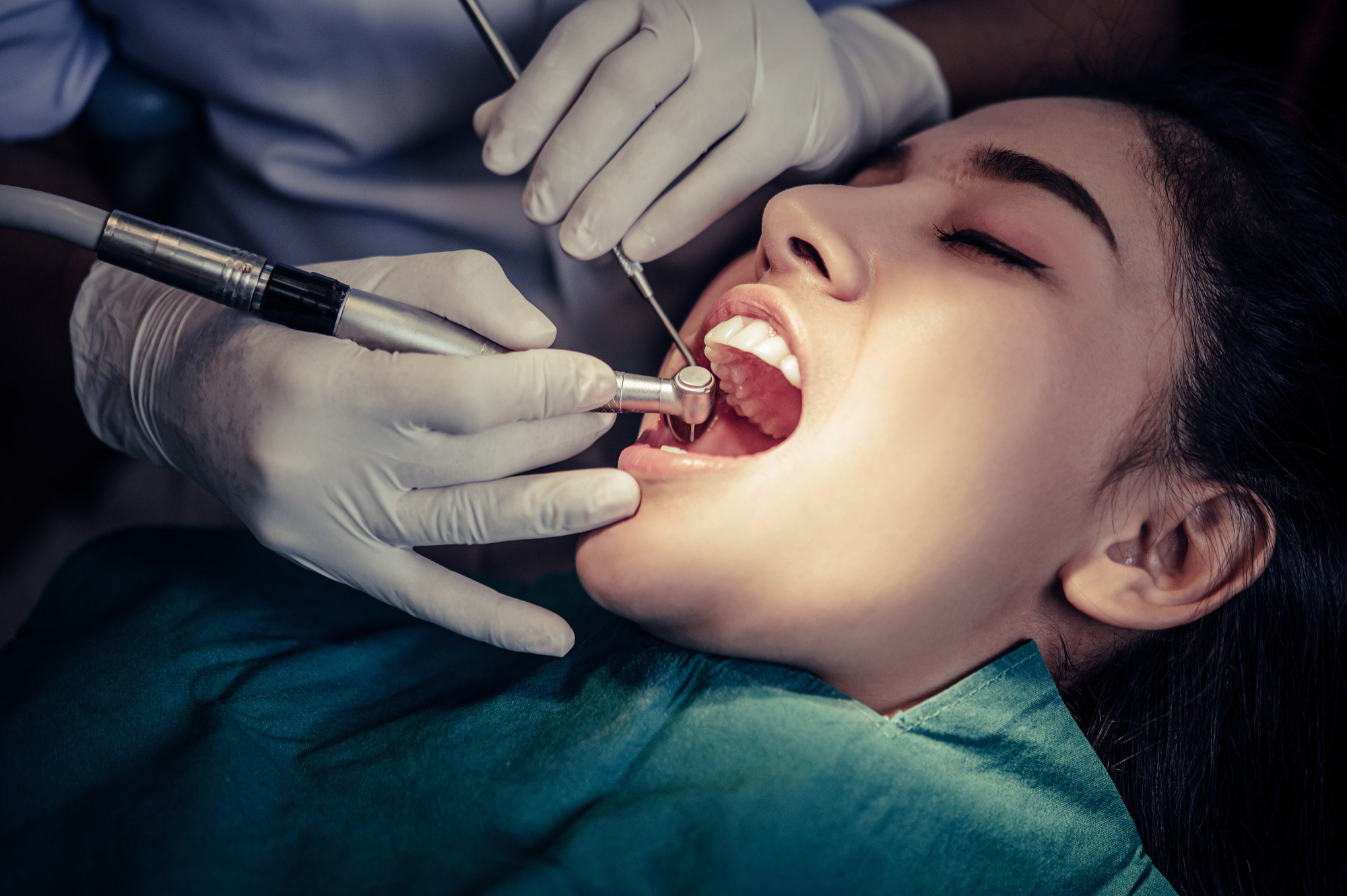For many patients, one of the most common oral surgery procedures is wisdom teeth removal. Located in the very back of the mouth, these third molars “more commonly known as wisdom teeth” often become impacted or misaligned as the jaw develops, creating issues down the line if left unaddressed.
As we age, our jawbones stop growing but our wisdom teeth continue to develop under the gums. This can cause them to become jammed against other teeth, become lodged in the bone, or erupt only partially—all scenarios considered “impacted.”
Over time, impacted wisdom teeth raise the risks of damaging neighboring teeth, developing painful infections of the gum tissue (pericoronitis), and cyst or tumor formation. That’s why oral surgeons recommend having them removed, especially if they are asymptomatic (showing no signs of problems currently).
Approaching Wisdom Teeth Extraction
Here at Alpine Dental & Denture Center, our experienced oral surgeons take a thoughtful approach to wisdom teeth removal. During a consultation, we examine patients’ mouths and dental X-rays to determine the positioning of each third molar and evaluate any risk factors they pose if left in place.
Together, we decide if surgery provides the best option for preventing future difficulties and maintaining good oral health.

For the procedure itself, we use local anesthetic injections and/or oral anti-anxiety medications to ensure patient comfort. We then carefully elevate the gum tissue, expose the tooth, and section it into fragments before carefully removing it to avoid damage to neighboring teeth, nerve trauma, or excessive bleeding.
Patients may experience some jaw soreness, swelling, stiffness, and bruising afterward, which we provide detailed post-op care instructions to manage.
Controlling Pain and Expediting Healing
To minimize surgical recovery time, we utilize techniques like small incision sites, gentle tooth sectioning, and minimal jaw retraction during removal. Our goal is to speed healing through a minimally invasive approach.

When medically necessary, we also offer local dental sedation or general anesthesia administered by an on-site anesthesiologist to help patients relax fully during their procedure.
After surgery, we offer prescriptions for medicating pain or preventing infection as needed on a case-by-case basis.
Our staff provides cold compresses, soft diet recommendations, and helpful hints like dry socket prevention to get patients feeling like themselves again quickly.

